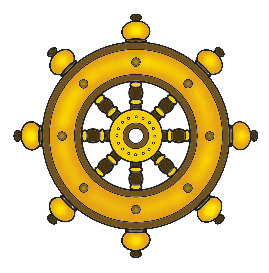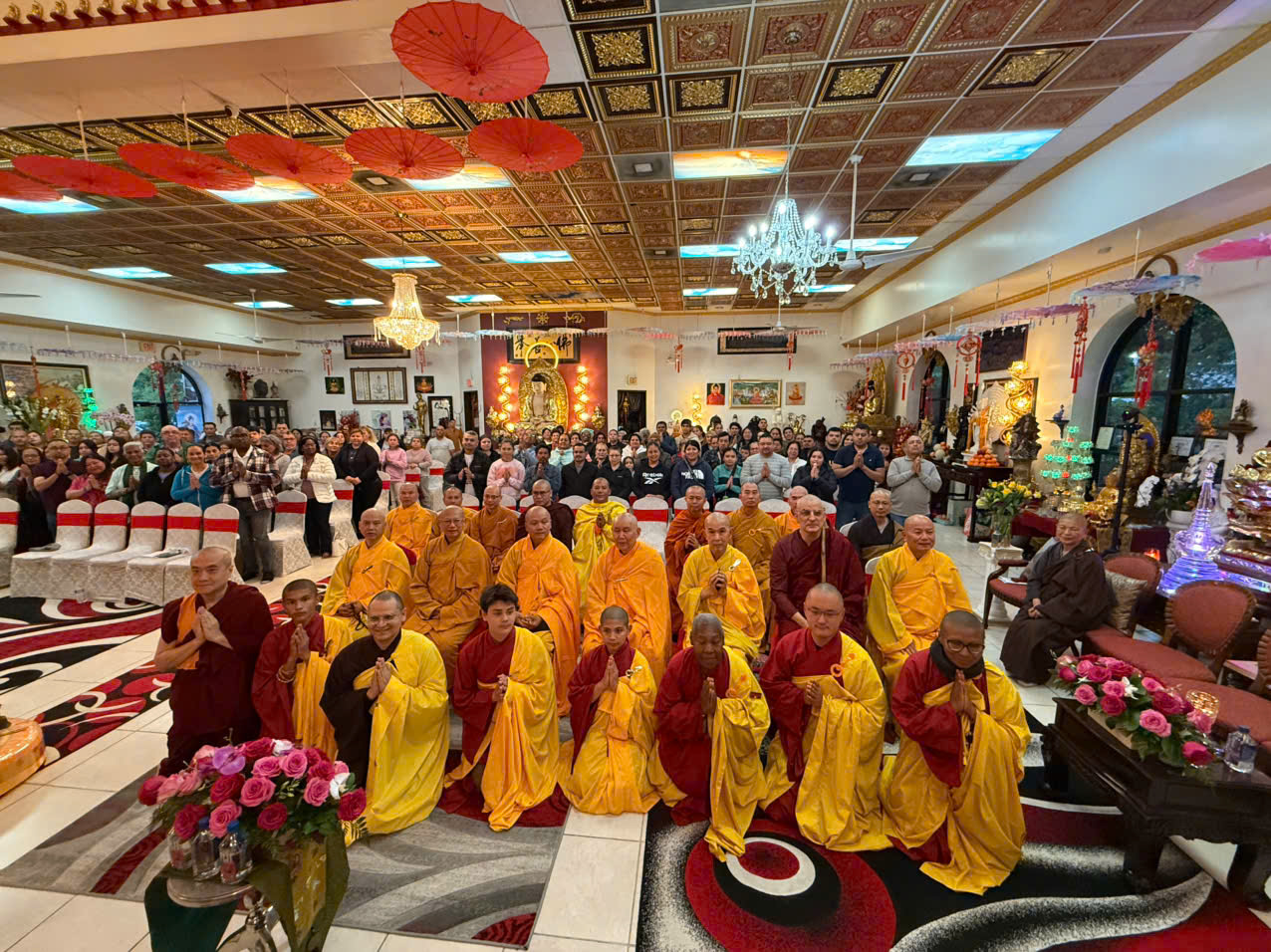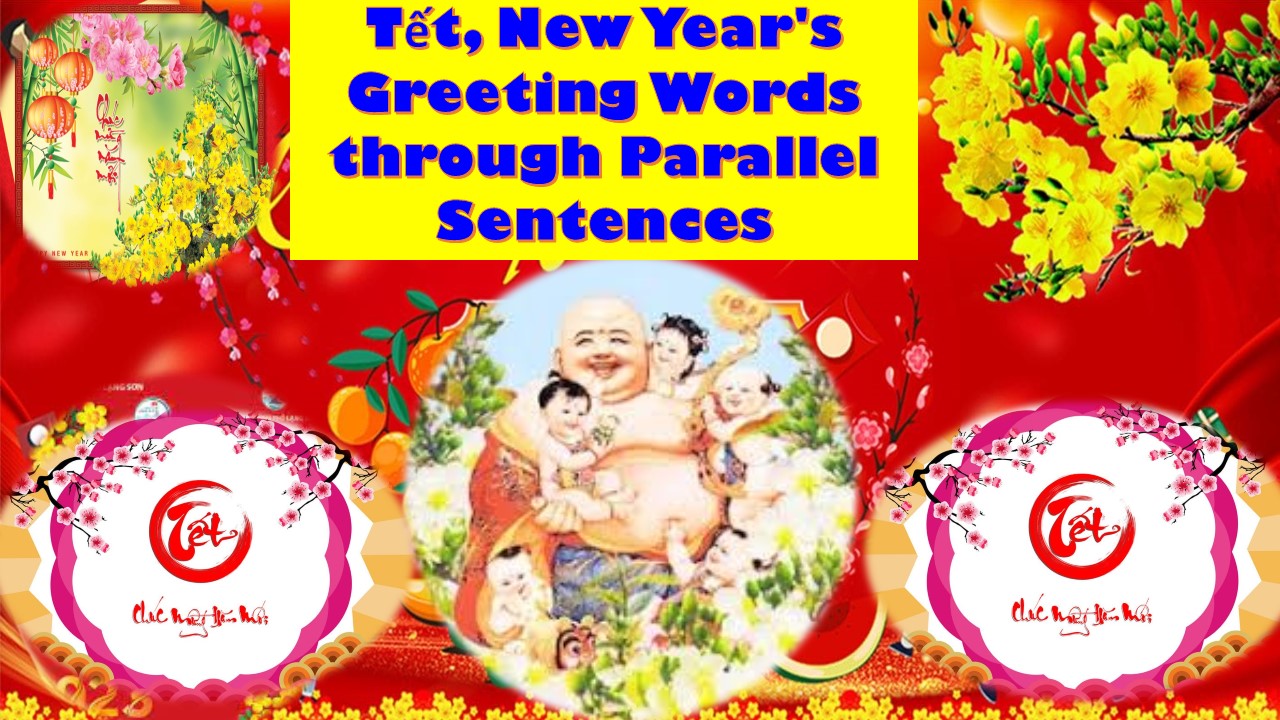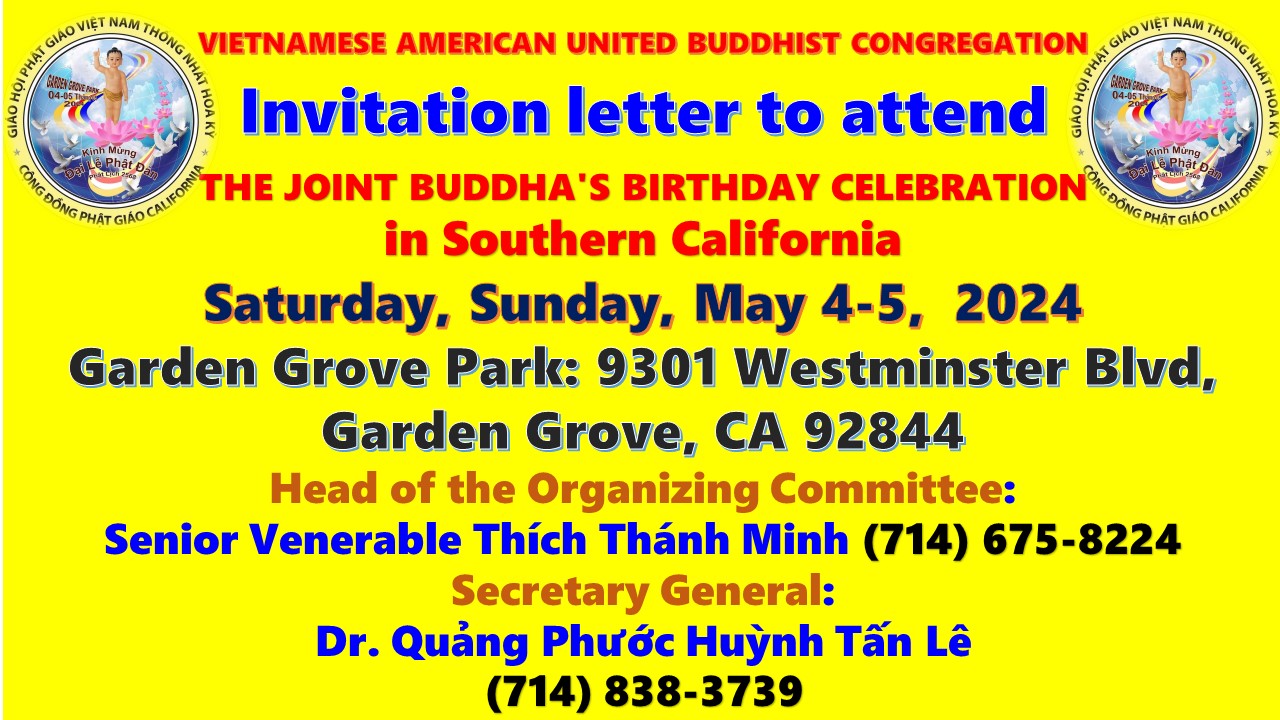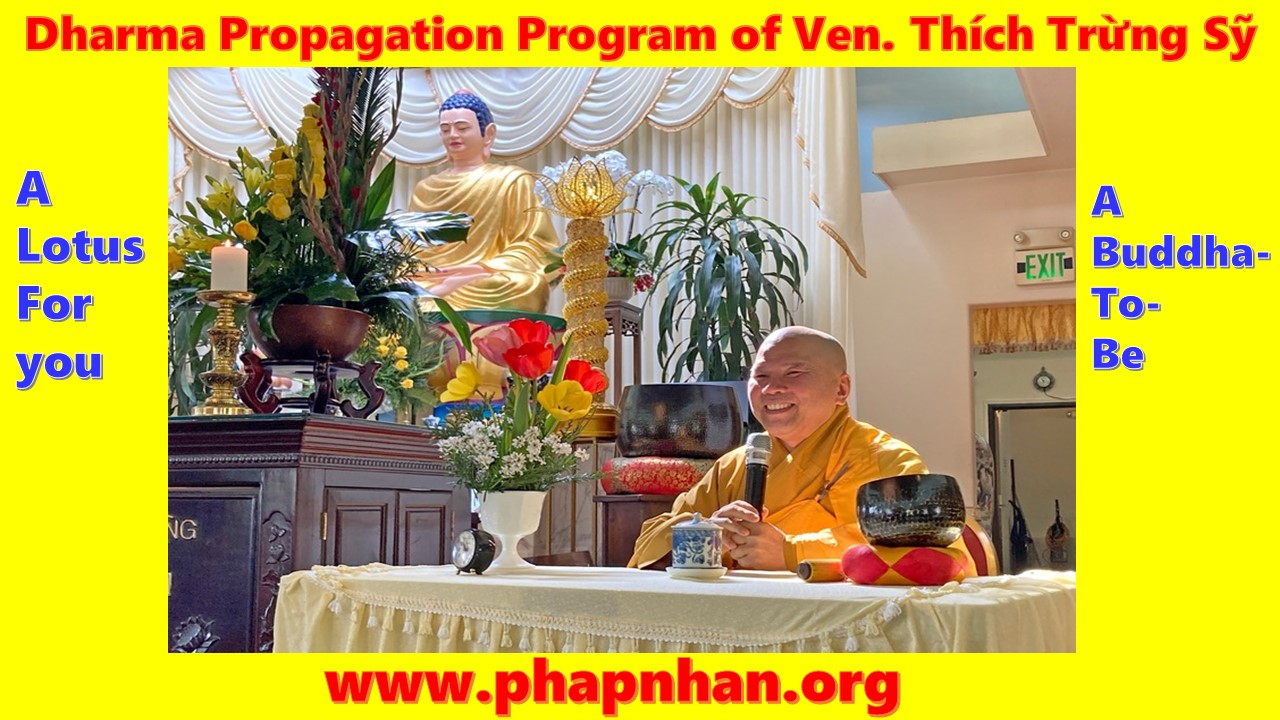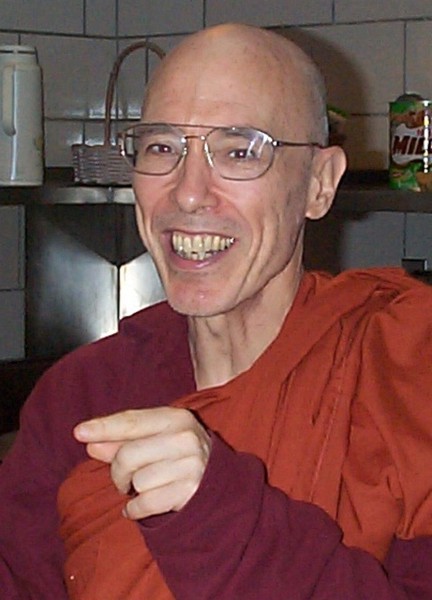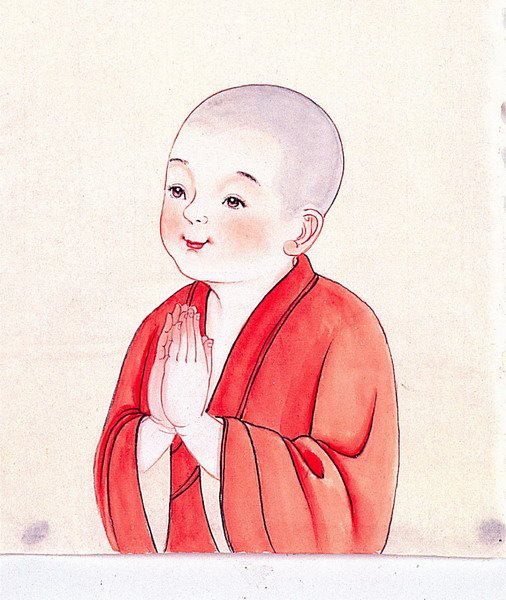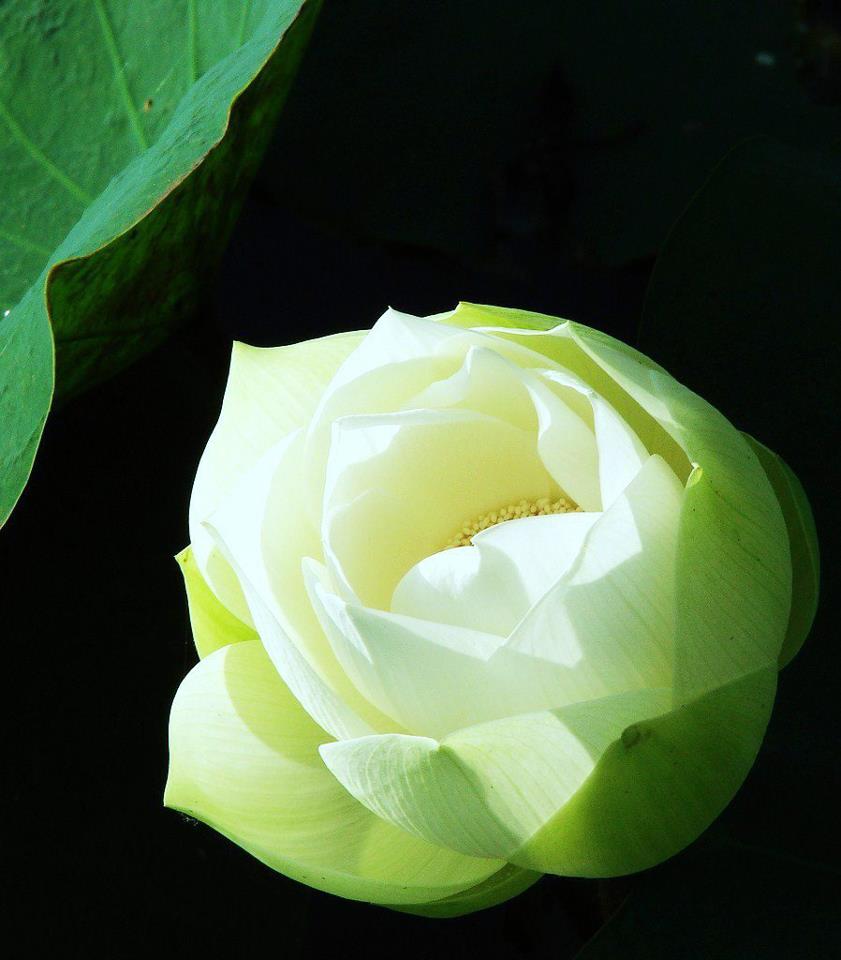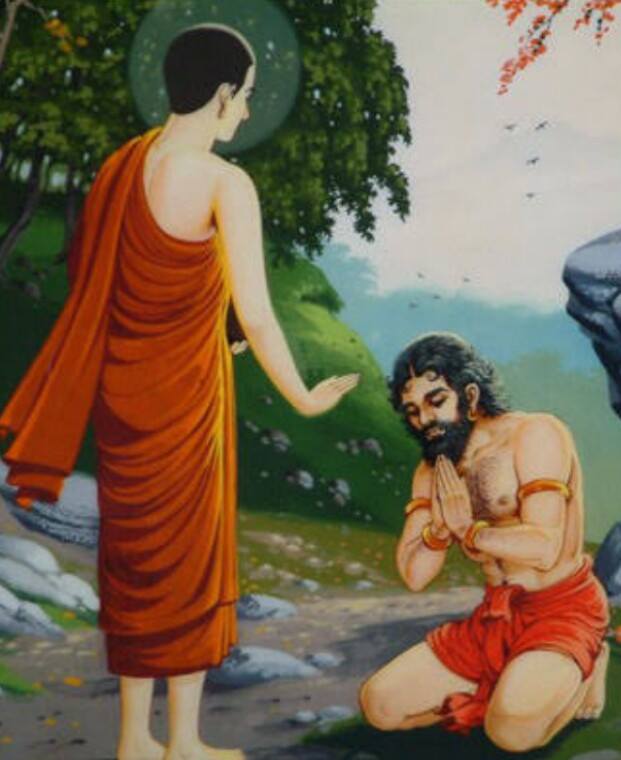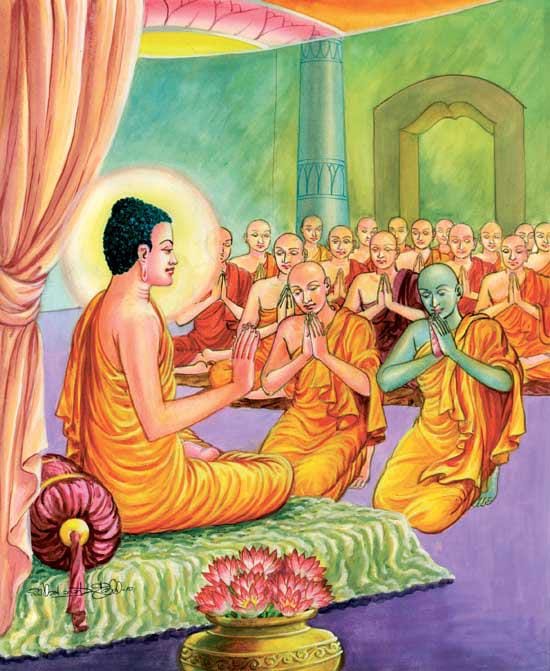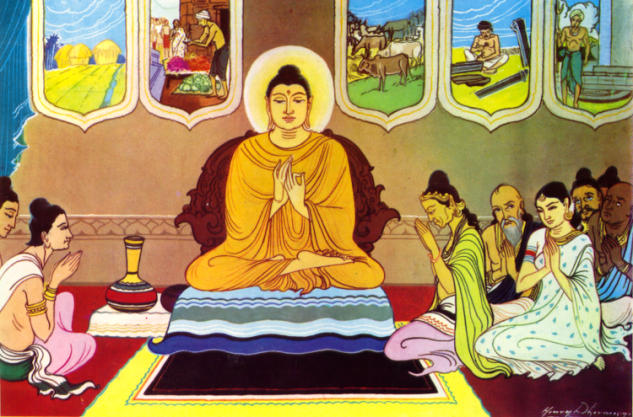
Visakha: the chief female lay disciple of the Buddha
Visakha was the chief female lay disciple of Gautama Buddha. She was also popularly known as Migaramata, literally Migara’s mother. Visakha had built a monastery for the Buddha which is known as Migaramatupasada near Savatthi. On the other hand, the Buddha’s chief lay disciple, Anathapindika also had built a monastery for him. So whenever the Buddha was staying in Savatthi, he would alternate between Migaramatupasada and the monastery built by Anathapindika.
Life history of Visakha Standing Buddha statue Early days
Visakha was born into the wealthy family. From her early days, she was very devoted and generous. It was recorded that when she was just seven years old, the Buddha had visited her birthplace. With the suggestion from her grandfather, Vishaka welcomed him and had the opportunity to listen to his teachings. Upon hearing the teachings of the Buddha, she attained the first stage of sainthood.
Youth and her marriage days
When she reached fifteen years old, she was very beautiful. All the people praised her generous behavior and also the beauty. It is believed that Visakha possessed the five kinds of feminine beauty: hair, figure, bone structure, skin color, and youthfulness. Observing her beauty and behavior, some Brahmins visited with the proposal of the wedding for Punnavaddhana, the son of Migara. Visakha’s father agreed to the proposal and they both arranged for the wedding ceremony.
On the very day of marriage, Vaisakha’s father gave her some advice on managing the future relations. He mainly focused on the giving respect to all the family members. He also explained duty and responsibility of the woman as a daughter-in-law in her husband’s home. Lastly, He focused on managing the relationships with the new relatives after marriage.
Visakha turning her father in law into Buddhists
Visakha agreed and implemented all the suggestions provided by her father. She was kind and generous to everyone in her husband’s city which in turn people also loved her. By knowing Visakha was the follower of the Buddha, her father-in-law, Migara had been unhappy. It was because he was not a follower of the Buddha and he disliked the discourses. Therefore, he had been trying to find the faults of Visakha. He was planning if he could find any fault with evidence then it would be easy for him to part his son and Visakha. But he wasn’t able to find any faults.
Once monk visited the house for alms. Migara was eating sweet rice porridge. Even though he knew there was a monk for the alms, he continued to eat pretending he hadn’t seen him and refused to offer him any food. Visakha then visited the monk and politely told him, please pass on, her father-in-law eats stale food.
Listing to the words, Migara was enraged and demanded an explanation. On the other side, he was happy since he got the opportunity to make his dream come true. He also ordered to go out of the house since she had brought disgrace to the family. But Visakha calmly reminded him to request eight clansmen for the investigation. Migara agreed to her request and took the help of eight clansmen for the investigation of the Visakha’s behavior.
During the investigation, Visakha shared her views regarding why she said that. After listening to all the sources, eight clansmen confirmed that Visakha was not guilty. Hence, her father-in-law also admits the innocence of Visakha.
These kinds of incidents occurred a lot after this but the misunderstanding was eased out easily. Lastly, Migara understands the misconception he has in his mind. He realized the great wisdom that Visakha possessed. He then invited the Buddha for the preaching on Visakha’s suggestion. When Migara listened to the teaching of the Buddha, he realized a lot of things and he achieved a Sotapanna, the first stage of sainthood.
Visakha’s role in the SanghaIt is noted that Visakha built the monastery for the monks in her hometown where the Buddha has spent six rainy seasons. Apart from this, there were also cases where she was invited to settle the disputes in the female sangha. It is also recorded that when she was called for the settlement, some rules were also implemented.
Visakha passed away at the age of one hundred and twenty years.

